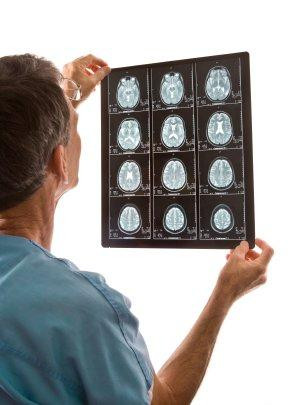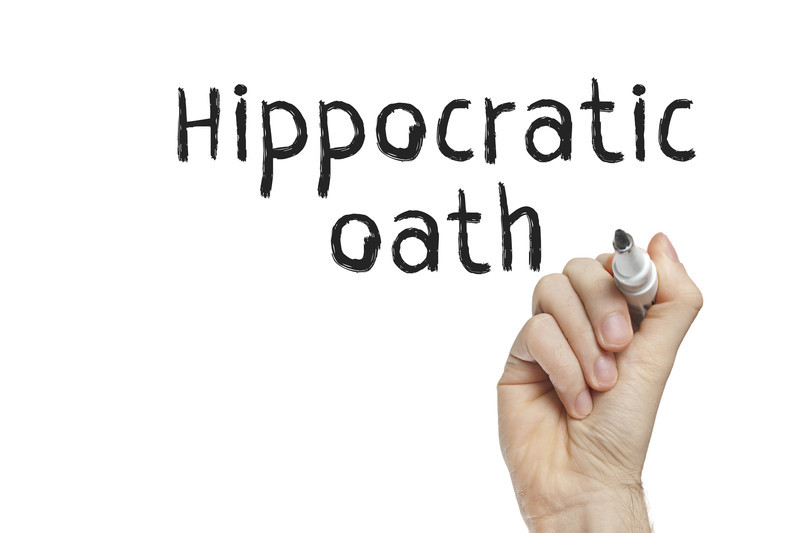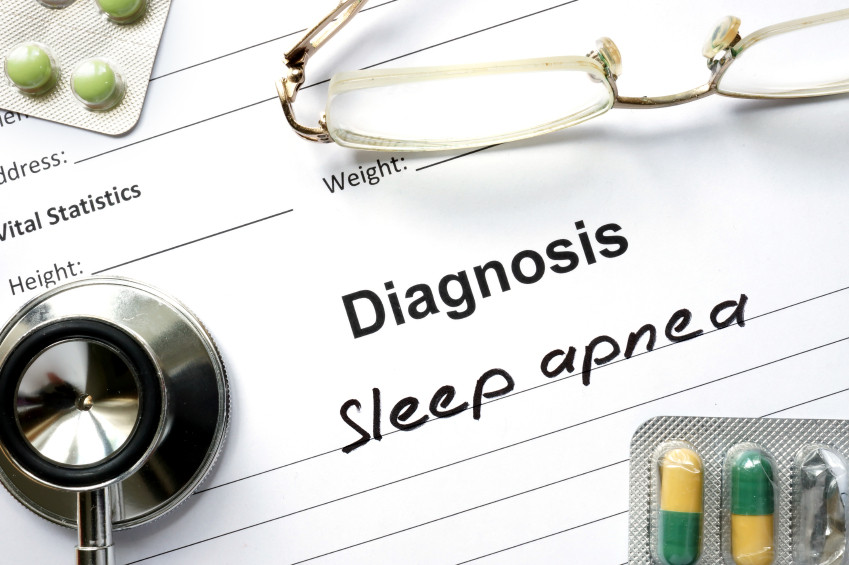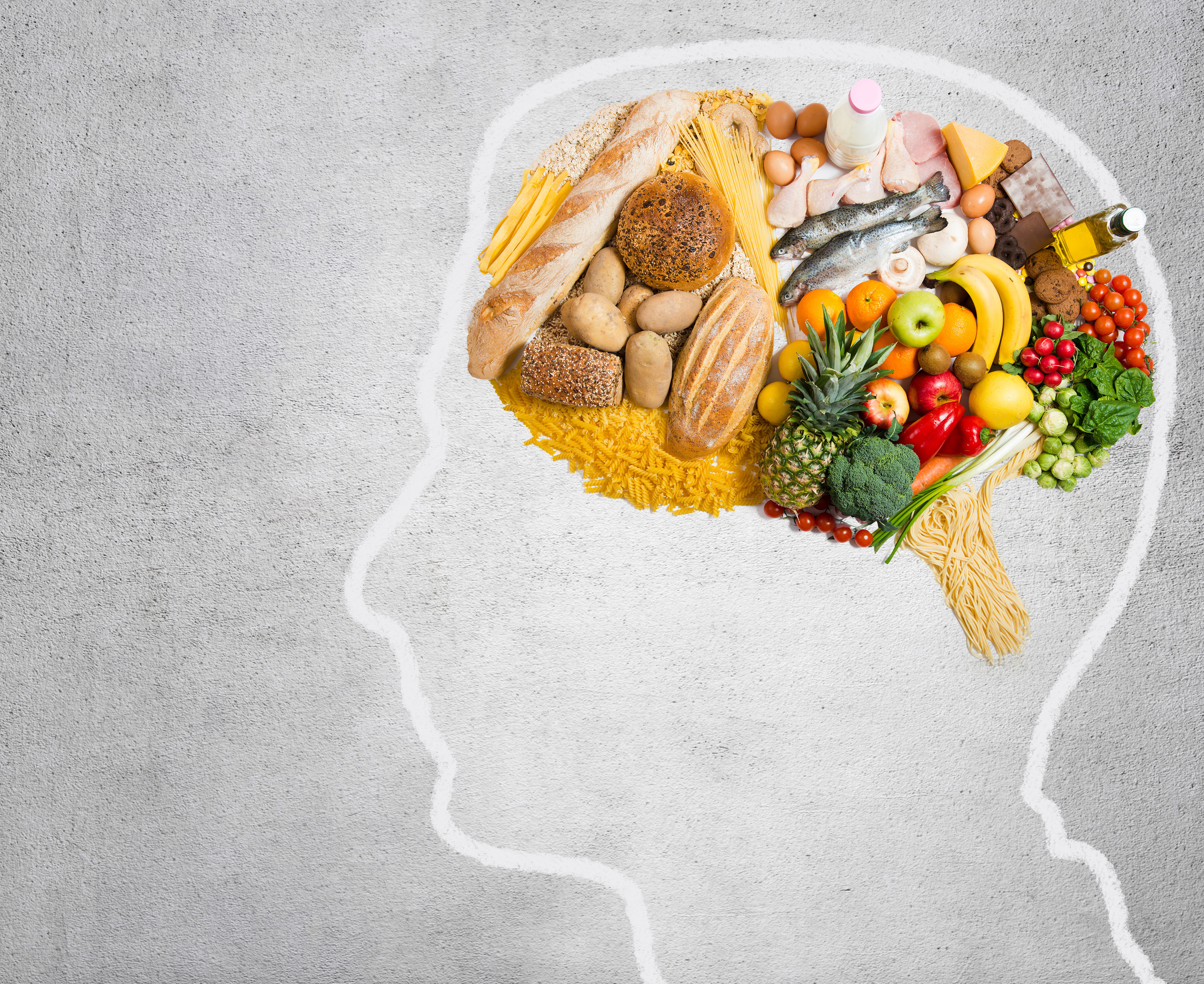
Respiratory health harms often follow flooding: Taking these steps can help

Tips to leverage neuroplasticity to maintain cognitive fitness as you age

Can white noise really help you sleep better?

Celiac disease: Exploring four myths

What is prostatitis and how is it treated?

What is Cushing syndrome?

Exercises to relieve joint pain

Think your child has ADHD? What your pediatrician can do

Foam roller: Could you benefit from this massage tool?

Stepping up activity if winter slowed you down
Harvard Health Blog
Read posts from experts at Harvard Health Publishing covering a variety of health topics and perspectives on medical news.
Articles
Awake, alert, and alive: Is two hours’ sleep enough?
According to an estimate from the Institute of Medicine, up to 20% of all motor vehicle crashes are related to drowsy driving. A panel of experts recently concluded that anyone who has slept less than two hours in the previous 24 hours is not fit to drive. This is only a rough guideline, however, because the relationship between sleep and safe driving is complex. (For example, a pre-existing sleep debt and driving at night increase the effects of drowsiness.) In general, driving while sleep-deprived is a dangerous undertaking for you — and others on the road with you.
Beyond the 2-hour screen rule: 10 tips for parenting in the digital age
You may have heard of the “2-hour rule,” a guideline from the American Academy of Pediatrics (AAP) that states children should get no more than 2 hours of “screen time” a day (and none at all for those under age 2). But given the sheer amount of handheld devices available today, not to mention the increasing need for children to use technology to do homework and talk with their friends, does the rule still apply? Recently, the AAP released 10 tips to help parents navigate the digital age. We’ve explained them all here.
Teaching gratitude this holiday season – and all year long
Whether this time of year brings gift-giving rituals in your household or not, it’s a good reminder to practice the “skill” of gratitude. Even young children can learn to focus on what they have instead of what they lack. Practicing gratitude is more than a social grace. Research suggests it can help your child build resilience and it is associated with greater happiness in life. Dr. Claire McCarthy shares her tips for helping your child cultivate the skill of gratitude.
10 tips for mindful eating — just in time for the holidays
Eating without awareness can lead to overeating and take away much of the pleasure that can be found in your meals. During the holidays, it can easily cause you to overindulge. Taking a mindful approach to meals by slowing down and savoring the experience can not only help with weight control, but also enhance health and well-being — as well as your enjoyment of the meal.
Yoga and meditation offer health care savings—and you can do them at home
Results from a recent study show that people enrolled in a mind-body relaxation program (that included yoga, meditation, mindfulness, and cognitive behavioral skills) used 43% fewer medical services than they did the previous year, saving on average $2,360 per person in emergency room visits alone. But you don’t need to participate in a formal program to reap the many benefits of these practices. Many of them can be learned and practiced at home.
Many babies and toddlers use mobile devices every day
You’ve probably seen parents handing a smartphone or tablet to their young children to entertain them when they need to be quiet or patient. A recent study confirms what you’ve probably suspected: that most children use mobile devices every day. But widespread use of these devices cuts into time that kids could spend interacting with adults, which is crucial for brain development. The next time you’re tempted to hand over the smartphone, try a quick game instead.
Compassionate veteran care: Embracing respect for the individual
The need to support injured soldiers dates back to our country’s earliest days. That mission remains essential today. Those who may be eligible for VA benefits and services — veterans and their family or survivors — make up a quarter of the United States’ population. Individuals seeking care through the Department of Veterans Affairs deserve a thoughtful and compassionate evaluation to not only compensate them for their service, but connect them with the care they need.
Miscarriage: Keep breaking the silence
Many public figures have begun speaking up about their experiences with miscarriage. While it’s wonderful that they’re breaking the silence, a recent survey has revealed that the general public still has a lot of misconceptions about this surprisingly common event. Dr. Hope Ricciotti shares her reactions to the survey results, and her advice to women experiencing miscarriage.
Update on the SPRINT trial: Preliminary results pan out
Formally published results of the SPRINT trial confirm the early conclusions released in September. A target systolic blood pressure (the top number) of 120 mm Hg or less offers real health benefits, including a lower risk for cardiovascular problems and even death. Even if you don’t have high blood pressure, the results are so compelling that everyone should know his or her blood pressure and develop a plan with a primary care physician to achieve and maintain the “ideal” blood pressure for them.

Respiratory health harms often follow flooding: Taking these steps can help

Tips to leverage neuroplasticity to maintain cognitive fitness as you age

Can white noise really help you sleep better?

Celiac disease: Exploring four myths

What is prostatitis and how is it treated?

What is Cushing syndrome?

Exercises to relieve joint pain

Think your child has ADHD? What your pediatrician can do

Foam roller: Could you benefit from this massage tool?

Stepping up activity if winter slowed you down
Free Healthbeat Signup
Get the latest in health news delivered to your inbox!
Sign Up

























